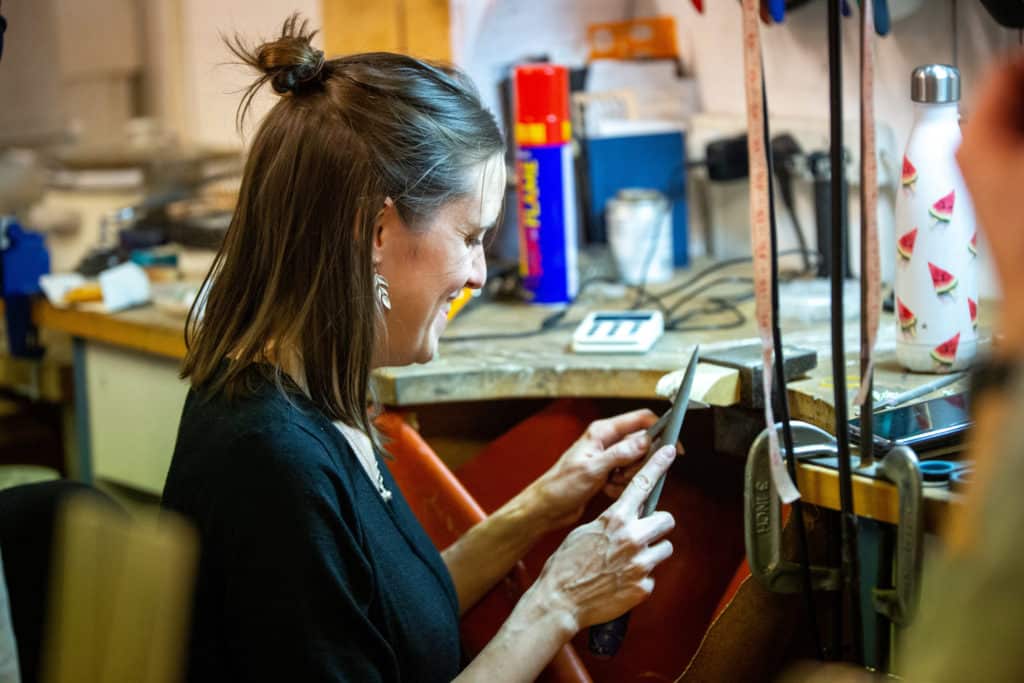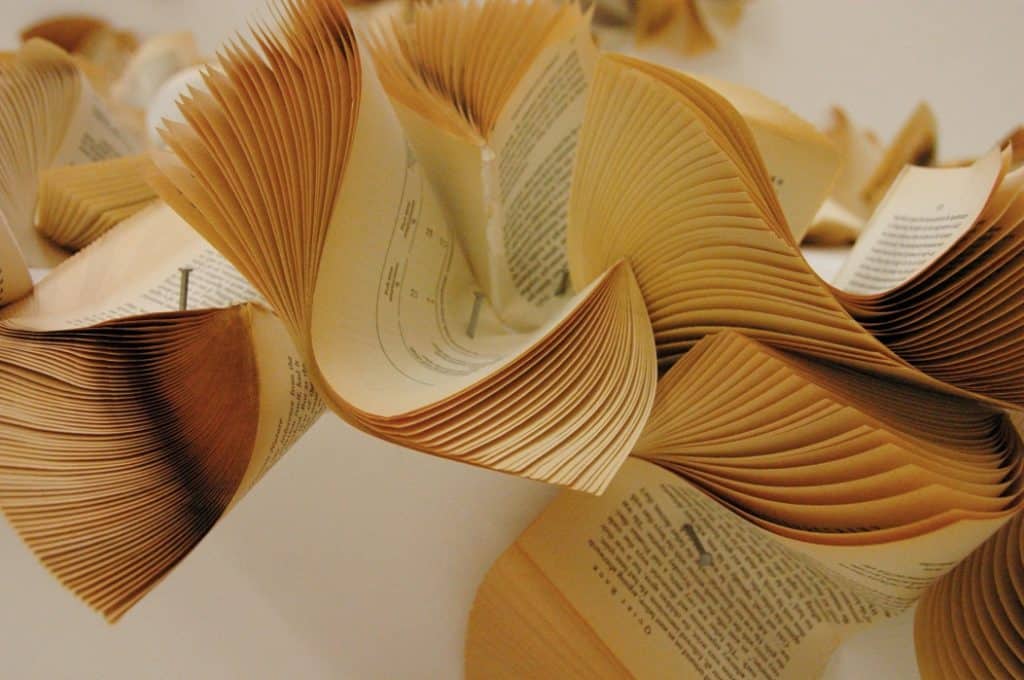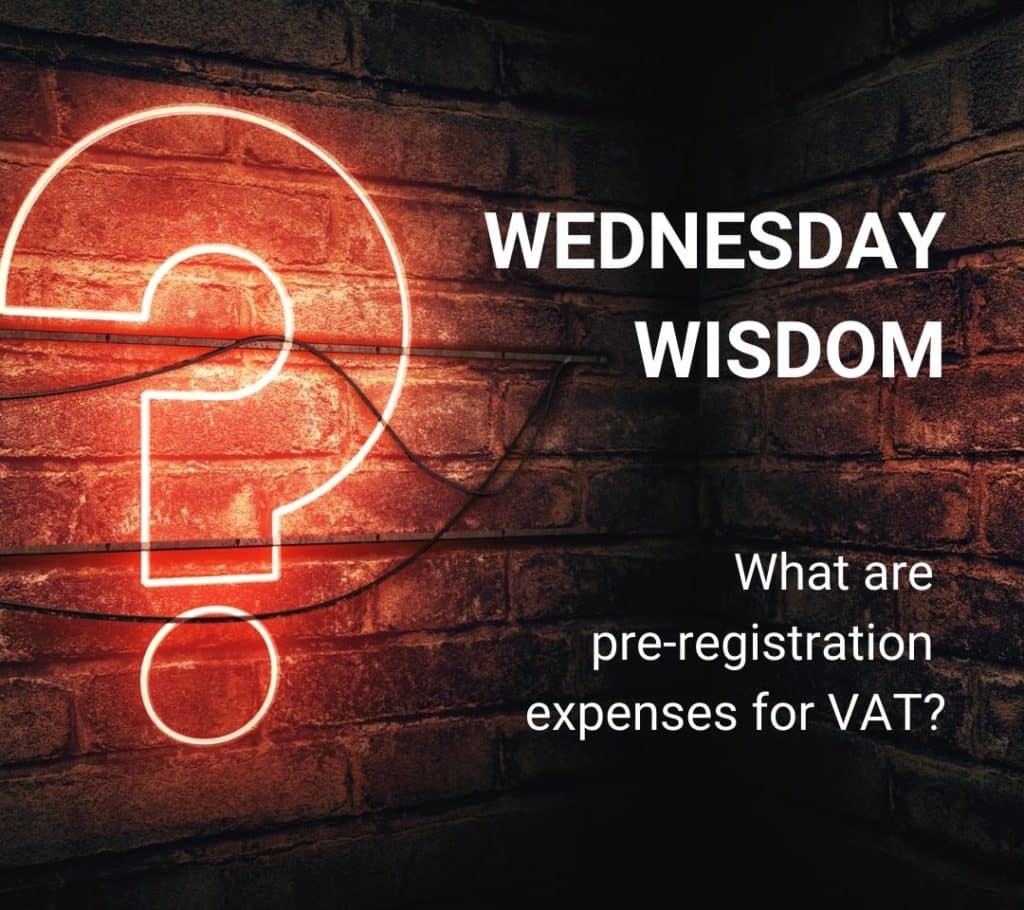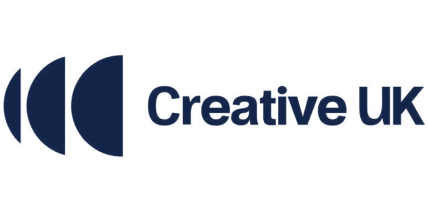Last week the BBC has released its 100 women of the year; this impressive list of familiar and unfamiliar names, highlights women who:
- are leading change
- have made headlines or influenced important stories over the last 12 months
- have inspiring stories to tell
- have achieved something significant
- have influenced society in some way
Twenty-one of the women listed are in the creativity category. We wanted to take this opportunity to take a look at the role of women in creative industries and the impact they have had on growth of the creative sectors.
BBC’s 100 Women of the Year
“The BBC has revealed its list of 100 inspiring and influential women from around the world for 2020.
This year 100 Women is highlighting those who are leading change and making a difference during these turbulent times. The list includes Sanna Marin, who leads Finland’s all-female coalition government, Michelle Yeoh, star of the new Avatar and Marvel films and Sarah Gilbert, who heads the Oxford University research into a coronavirus vaccine, as well as Jane Fonda, a climate activist and actress.”
The BBC decided to leave one entry blank to acknowledge an “unsung hero” “And in an extraordinary year – when countless women around the world have made sacrifices to help others – one name on the 100 Women list has been left blank as a tribute.”

Equality and the Creative Sector
It is perhaps old news that the creative sector is one of the fastest growing in the UK. Nearly 1 in 8 businesses are creative and job creation in the creative sector is growing at three times the UK average. With over 2 million people in the UK employed within the creative sector the statistics are impressive – but there is still a large equality gap between genders in the creative industries. The Creative Industries federation published an economics paper in 2016 with the following findings:
- More women than men study creative subjects at university
- 40.6% of male creative arts graduates who were in work six months after graduation were employed within creative industries, compared to only 30.3% of women.
And an article featured in Campaign in 2018 brought to attention that “only 12% of creative directors were women. If you looked for BAME creative leaders among this figure, the proportion dropped to about 1%-2%.”
UK Business Women Leading Change
Ali Hanan created the Creative Comeback which aims to help women back into the ad industry after a career break. Although the company now has expanded to assist male applicants back to work, the inspiration for the Creative Comeback was a personal one for Hanan.
“On a personal level, I’ve experienced a lot of situations where I’m the only woman in the room,” says Hanan. “I also noticed over the years a lot of women drop out of the industry, especially after starting a family, because the industry in the past has been notorious for its lack of understanding and focus on presenteeism.”
It is a slow but sure change as the creative sectors take a step in the right direction towards equality and hopefully the decades to come will see more and more women in the board room.
Creative Director for Home, Sarah Clackson, has the following great advice in her blog
‘WTF! Only 11% of creative leaders are women”
- Stay authentic.
- Do things you believe in.
- Stay relevant.
- Go with your gut.
- Stay curious.
- Never stop learning.
- Stay with it – if those good ideas are hiding, drink wine (lots!) and sleep on it. Hopefully they’ll come to you when and where you least expect them.
- Stay humble.
- Encourage shining lights (who remind you of you).
- Be brave.
Annie Warburton, CEO of Cockpit Arts
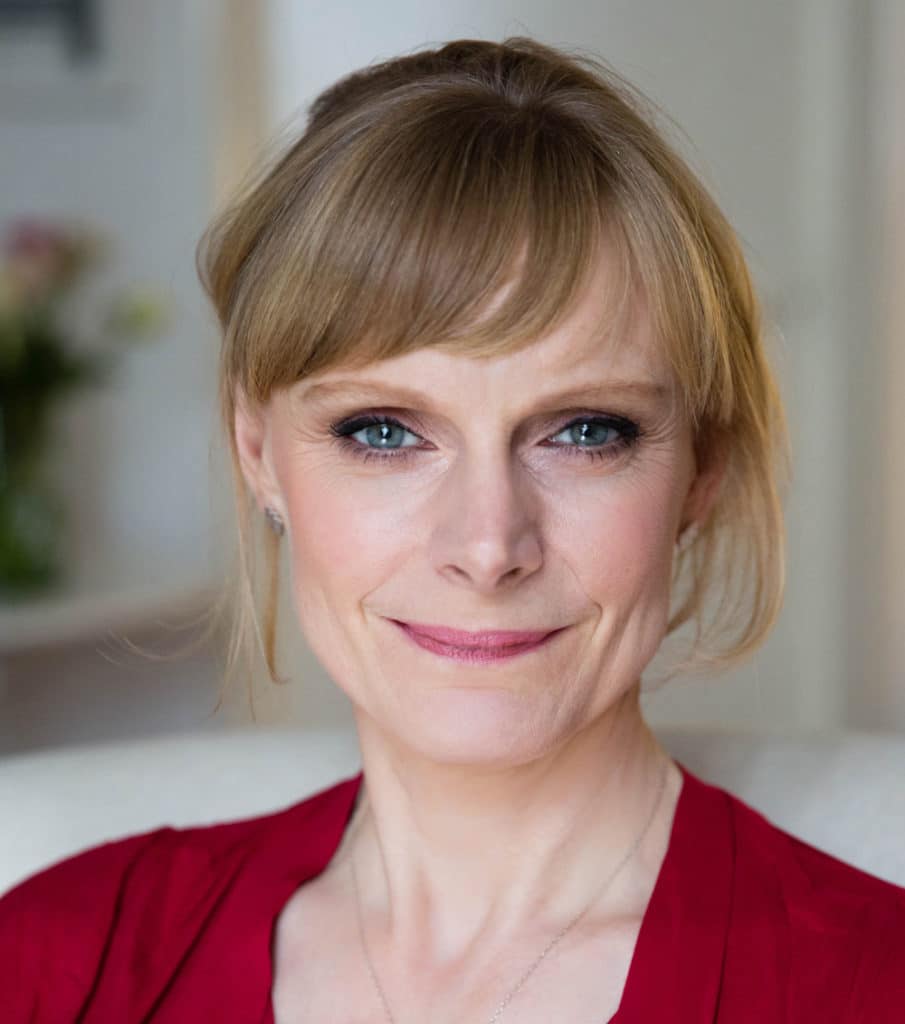
“Talent is everywhere, opportunity isn’t,” says Annie Warburton of WardWilliams creative client, Cockpit Arts. “We bridge that gap.”
Warburton is the CEO of Cockpit Arts, a London-based studio for contemporary craft and the UK’s only business incubator for makers. Annie joined Cockpit Arts as Chief Executive in November 2018. Previously, she was Creative Director at the Crafts Council, where she led on talent development, exhibitions, research and innovation. She also writes, presents and broadcasts on craft, art and design in the UK and internationally. She has served on panels for the BBC Woman’s Hour Craft Prize and RDS Craft Prize, and on the boards of Social Enterprise Works, Capit B Trust and Theatre Bristol. She is a Fellow of the Royal Society of Arts, an Associate of Newnham College, Cambridge and a member of ACEVO.
Annie has recently been featured in WISE (Women in Social Enterprise) 100 Awards where she spoke of the strategies she implemented to take Cockpit and the makers they represent through the pandemic. Thanks to Annie’s leadership and acumen Cockpit Arts has survived the crisis and so have their 147 makers!
Annie has this advice to give women in the creative sector looking to climb the ladder.
“Scrap the idea of a career ‘ladder’. A creative career is not linear. It’s not inert, wooden or hierarchical. It’s an evolving practice, one that develops over a lifetime. A creative career is much more like a tree than a ladder – alive and organic. It will go through seasons, may have many branches, is certainly reliant upon and supports a wider ecosystem.
Creative careers can never thrive in isolation.
Relationships are everything: cultivate them. Be ever curious and courageous. Believe in yourself first before you expect others to believe in you. Remember to take notes along the way. Always look out for how you can help others grow from acorns into saplings and, eventually, mighty oaks.”
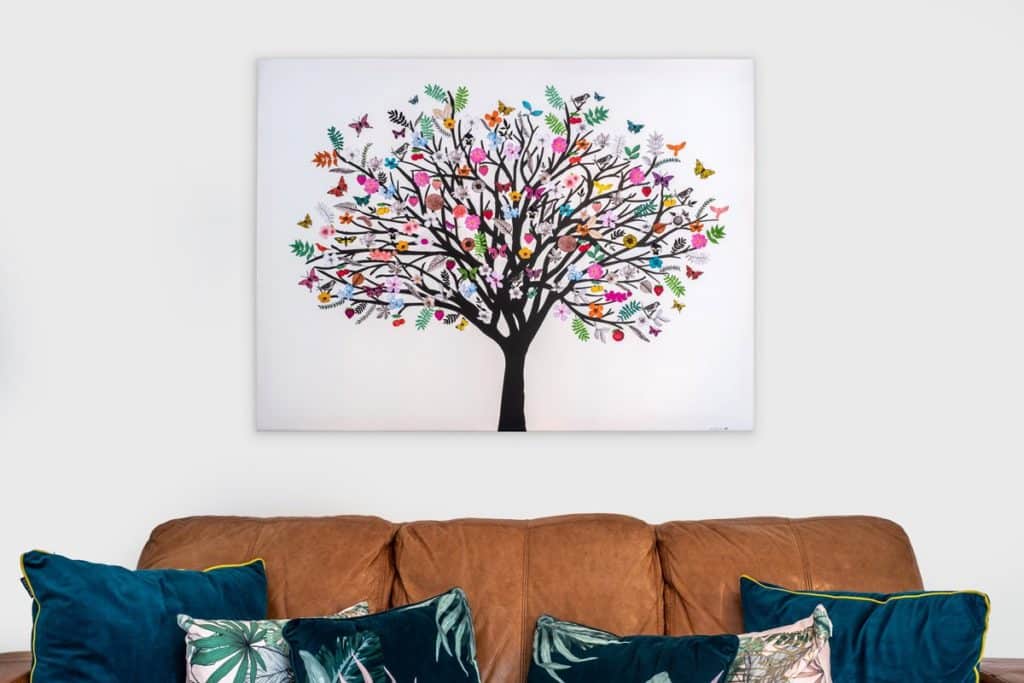
Our very own Queen of Industry
It would be an injustice to write an article about women in the creative industries and not shout out our very own Erin Walls. She is our dedicated champion not only of the creative industries but of women in business also. Here’s to Erin, Annie, the BBC 100, and all the women out there working hard to be creative and challenging leadership everyday.
